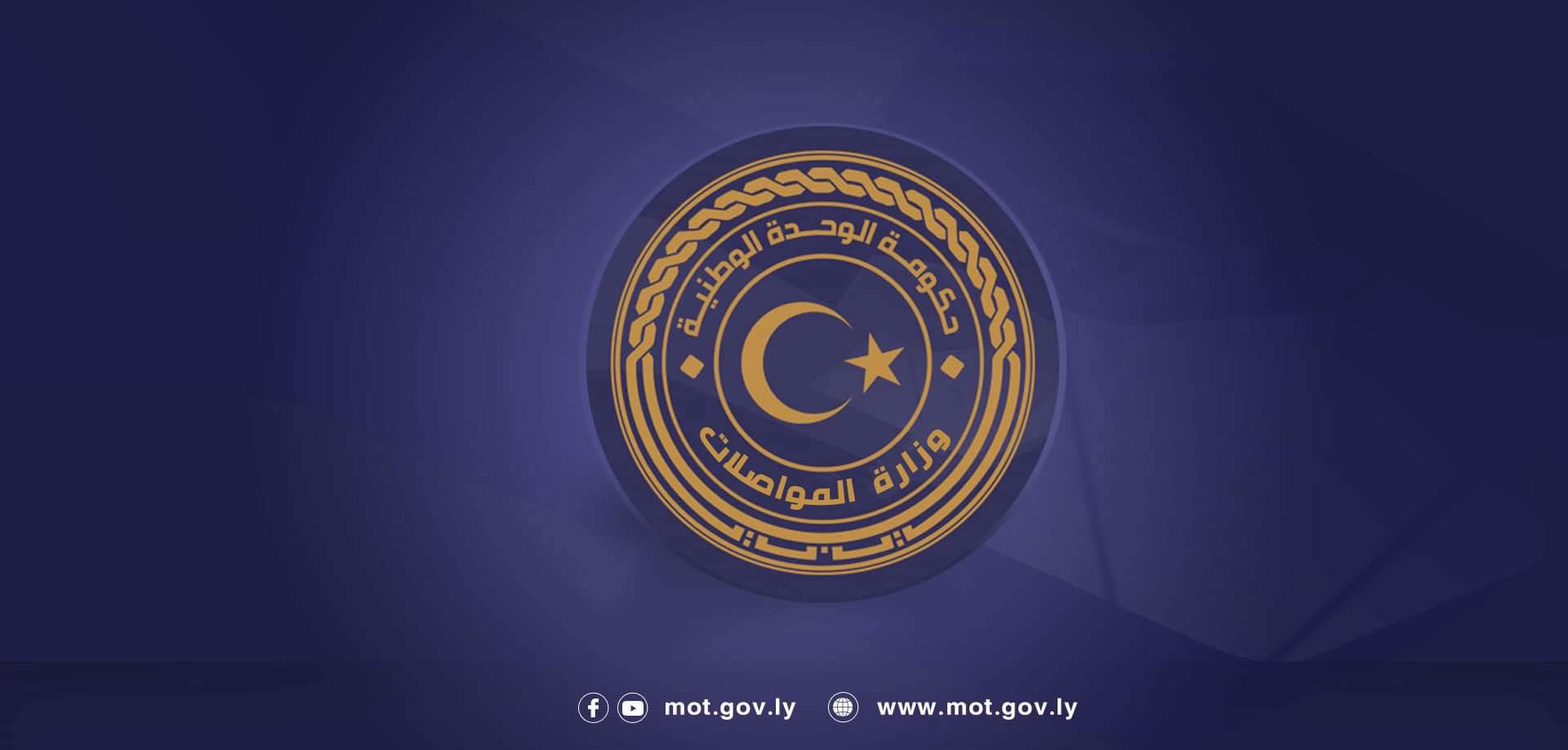by Guy Lardeyret
Paris, 5 August:
Libya is confronted with difficult . . .[restrict]choices. A democracy is not built in a day, but learning from the experiences of older democracies can save a lot of time and effort. All peoples aspire to democracy and all established religions, including Islam, are in favour of it. The democratic ideal is inscribed in the human soul. Furthermore, it can be shown that building a democracy requires a few important guidelines.
What are they? Democracy begins where political power ends. Liberty is guaranteed when it is protected from the possibility of an omnipotent state. The way to protect it is by a legal firewall: the preamble to the constitution which defines its role. Once this order, of which the head of the state is its guarantee, is established, the legislative debate must identify where the boundary between the public and private spheres lie and, by alternating governments, the optimum balance between the two.
The third power is in charge of government policy: it should not be rooted in one person and should be under the control of the national parliament on a daily basis. The executive draws its legitimacy from a majority at the polls in legislative elections. This is why the majority one-round system is essential to the whole as it is the only way to obtain both a majority in parliament to support the government and an unified opposition strong enough to assume power when its turn comes. This is the clear, simple and well-run system that makes the superiority of the democratic model.
The goal of constituent assemblies of today is thus not the same as that of the 18th century when they did not have a roadmap. When it is necessary to hold one, their role is to ratify the rules of democracy and validate the instruments necessary to its proper function. The handbook should be offered as a welcome gift to the new club members. But, as it has taken us centuries to discover it, we don’t expect the newcomers to reinvent the wheel. After two centuries of trial and error, the best mechanisms can be offered on a silver platter, but withthe necessary adjustments to be made according to the specificities of the country.
This is good news for the authors of constitutions, who no longer need to rack their brains. The difficulty remains to share this knowledge with the new constituents. If the Eastern European countries had benefited from it twenty years ago, they would not have adopted the worst of solutions. The presidential model has established a double-headed State . Meanwhile, the use of proportional voting systems for their parliamentary elections has created multi-party coalition governments that result in voter disappointment. In most of these countries the democratic image is tarnished by the resulting governments’ instability.
The first step when it comes to elections is to pave the way to a two-party system. The best road for its implementation is through local elections, as citizens will be involved much more easily, because neighbourhood issues offer a more concrete ‘for or against’ choice. Transition could be helped by the training of local democracy ambassadors at a municipal level, sowing the seeds of democracy from the bottom up.
Libya is no exception to the rule. All countries have been confronted to the same problems, so the right answers are universal. Institutional choices should be based on the fundamentals of this knowledge and experience, not on political calculations that are rarely without personal motivation and later reveal themselves as mistakes. New democracies are the last to deserve institutional crises and they should be given access to the best political technology available.
Guy Lardeyret is president of L’Institut pour la Démocratie in Paris, a research centre on democracy building. [/restrict]








